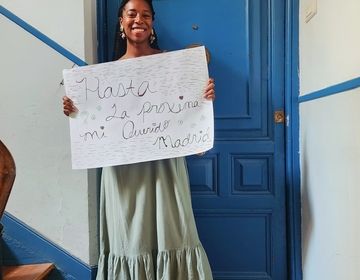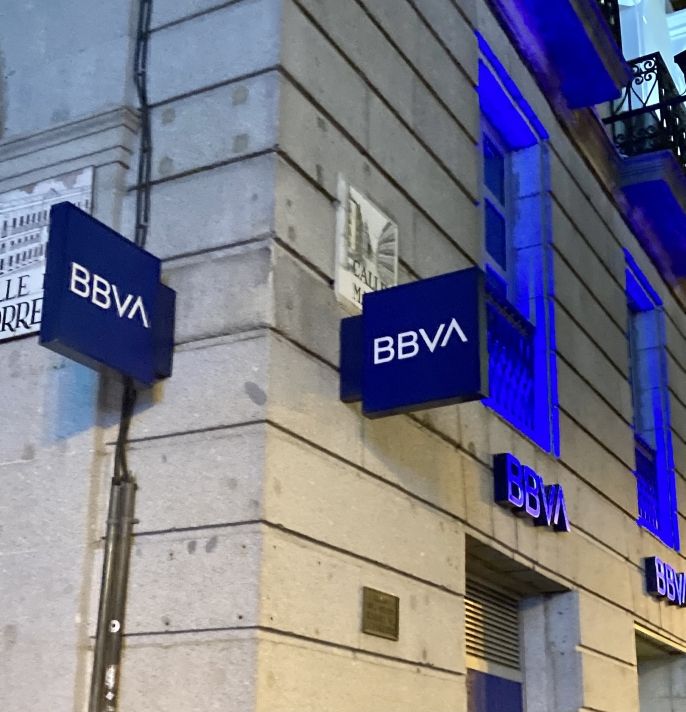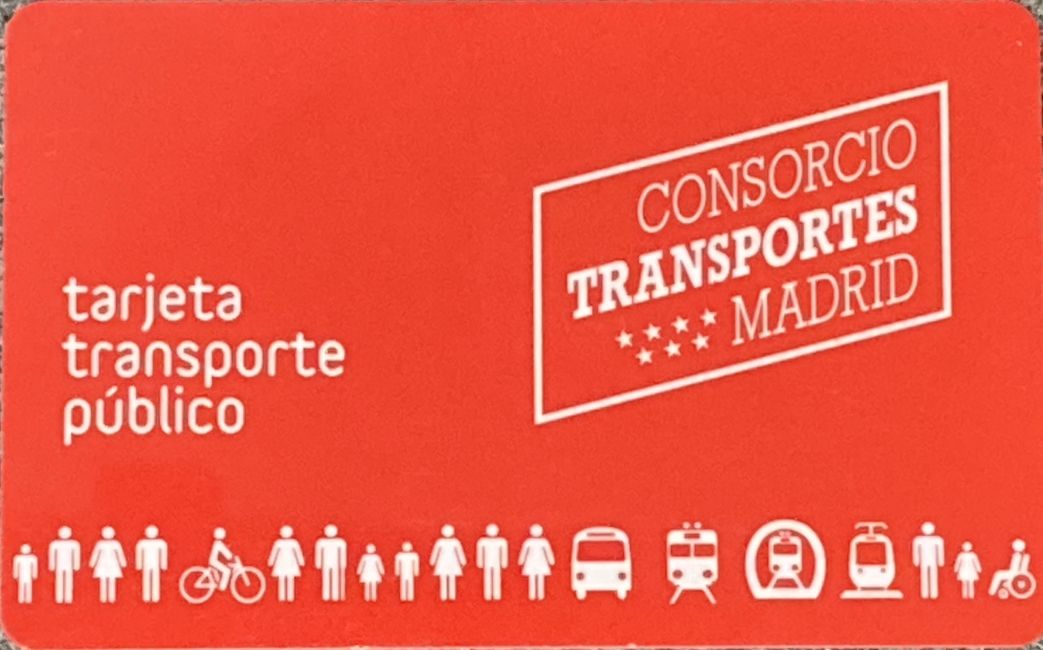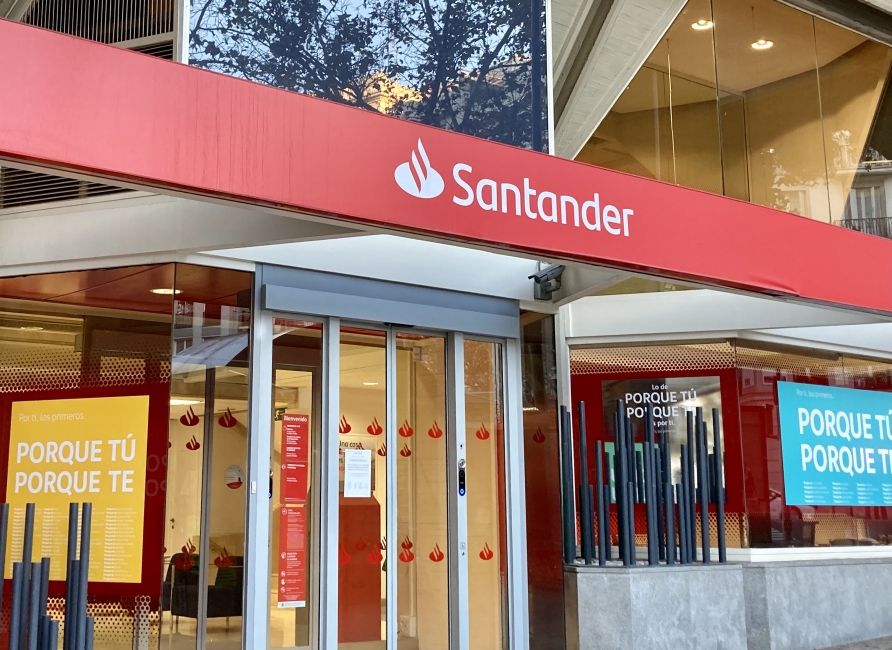It's ok, I'll figure it out
"It's ok, I'll figure it out." It's a refrain I heard myself saying again and again during my first few weeks in Spain. The casual manner in which I delivered this line masked the fear I felt over the possibility of actually not being able to figure it out and instead being forced to just book myself a one-way ticket home. Looking back, I realize I was more than capable of figuring it all out, but as anyone suffering from imposter syndrome knows, you are always waiting for the moment when the mask will drop and reveal to yourself and the world that you are nothing more than an incompetent fool. So, for anyone else who struggles with imposter syndrome (or who would just like some insider tips), here is some advice on how to get your ducks in a row during your first few weeks in Spain.
NIE/TIE
As readers will know from both online and in-person orientations, the NIE/TIE is an important legal document required to live and work in Spain. I initially found it difficult to know what documents I needed or how to fill out certain forms until I found a step-by-step guide through CityLife. It was a lifesaver. Still, there are a couple of things to note. You'll notice that you need to pay an impuesto as part of the process. Allegedly any bank will accept this payment, but in reality, I and other auxiliares found that only BBVA was willing to accept payment. A few but not all BBVA ATMs will let you scan the barcode on the form and pay. As is often the case speaking with a human being is your best bet. However, even this isn't straightforward as only the tellers can help process your payment and they only work until about noon on certain workdays. Banks in Madrid in general only stay open until about 2:30 pm at the latest. Also, even once you've gathered all your documents, it can be a challenge to find an available appointment with your local police police station. Check the website every day at different points throughout the day. CIEE will probably also be looking, but it's better to have multiple eyes. It took some time, but I was eventually able to book my own appointment. Be prepared, be persistent, and have patience.
Banking
Our schools are unable to make direct deposit payments to our bank accounts at home, so you'll need to open one in Spain. CIEE offers a convenient option through Sabadell, however, it is not a good option if you are over 26 as you'll have to pay a maintenance fee. For those of us who are old enough to have begged our parents for the Backstreet Boys Millenium album, played Oregon Trail on the computer at school, or seen Cory and Topanga as #relationship goals, I recommend Santander. The CuentaSmart is available to individuals between the ages of 18 and 31 and does not come with any maintenance fees.
Housing
I wish I had a silver bullet to offer on how to go about apartment hunting in Madrid, but the reality is that it's as difficult and frustrating as people say. The most I can offer are a few warnings of the common hurdles and pitfalls of trying to find an apartment so that future auxiliares are not surprised. In truth, I am a bit surprised at how difficult it is for auxiliares to rent an apartment in Madrid given the bilingual program has existed since 2004. Yet, landlords seem largely unaware of the program and the rental market is not structured to accommodate our unique situtions.
1. Apartments in Madrid are expensive. You will spend at least 50% of your monthly salary on an apartment and it will be one you share with others. Even if you have savings from a previous job and want to spend more money to live alone, it is unlikely a landlord will willingly rent you an apartment without a sponsor who lives in Spain that can co-sign the lease with you.
2. Landlords typically ask for several documents such as a work contract, paystubs, or bank statements. The dilemma we face is obvious when considering we are only paid once a month and will in fat have nothing in our Spanish bank accounts for the first month we are living in Spain. Some landlords will of course be more understanding of your cirucmstances than others. Some may increase the downpayment or ask you to put down a deposit immediately as one possible solution. Regardless, they won't be thrilled at the prospect of renting to someone who is unable to provide evidence of his/her financial solvency.
3. Landlords prefer not to sign contracts for under a year. Again, I'm surprised that this is such an issue as auxiliares have been coming to this city to teach English for almost 20 years, but nevertheless, it remains an issue.
4. If you see an apartment you are interested in, call right away. Decent apartments in good neighborhoods go fast. Landlords are not responsive to emails or the online chat function on sites like Idealista. So brush up on that Spanish or find a friend who can call on your behalf because otherwise, you'll be sending messages into a black hole.
So those are few of my pearls of wisdom based on my experience of getting settled in Madrid. I hope they may serve future auxiliaries well as they navigate the labirynth of administrative processes and tasks before them upon arriving in Spain.
Related Posts

TWICE with CIEE: Kayleigh in Spain (PART 2)
Kayleigh is a CIEE alum who participated in CIEE's Teach in South Korea program AND CIEE’s Teach in Spain Volunteer program! CLICK HERE to read her experience in Korea. WHY... keep reading
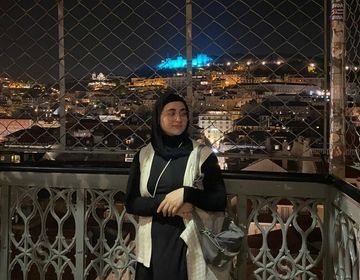
CIEE Volunteer Spotlight: Meet Layla!
Where are you from? What was your academic background or career before teaching abroad? I am Canadian, specifically Québécoise. In Quebec, students are required to attend community college (CEGEP) before... keep reading
